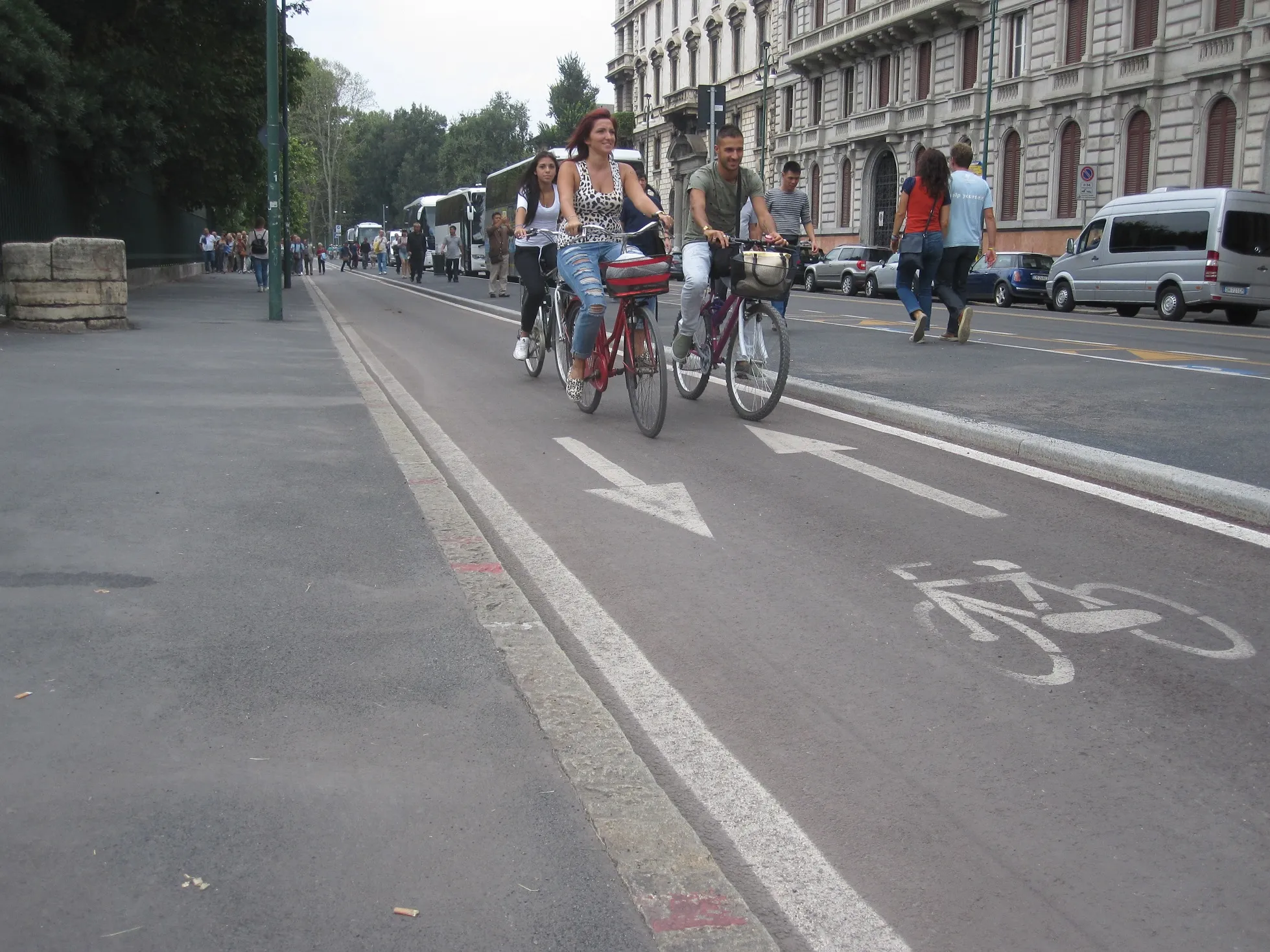
The American Jobs Plan announced by US president Joe Biden has been warmly received by transport groups.
The ambitious and wide-ranging proposal - which takes in broadband, taxation, clean water, wages and benefits - pledges $621 billion on "transportation infrastructure and resilience".
After what the administration calls "decades of disinvestment", President Biden proposes to spend $115 billion on repairing bridges, highways and roads, $20 billion on road safety and $85 billion to modernise transit systems.
The nation's roads were recently given a damning assessment by the American Society of Civil Engineers.
A White House statement says: "The US is the wealthiest country in the world, yet we rank 13th when it comes to the overall quality of our infrastructure."
ITS America CEO Shailen Bhatt says: "If implemented, these investments would create jobs and strengthen the economy while increasing transportation safety, reducing greenhouse gas emissions, and making our system more equitable."
Agreeing that it is "critical to future-proof our infrastructure for the 21st century", Bhatt continues: "Effectively pairing technology with infrastructure investments will allow us to intelligently rebuild our system while transforming outcomes for generations – saving tens of thousands of lives every year, decreasing air pollution in neighbourhoods across the country, reducing congestion, and ensuring access to transportation for all."
Mark Compton, president of the International Bridge, Tunnel and Turnpike Association (IBTTA), is similarly enthusiasticm, saying: "Investment in our nation’s infrastructure is an investment in America and our people. It boosts our economy and ensures global competitiveness while improving safety and quality of life for all Americans."
Unsurprisingly, Compton accentuates the part that tolling might play in the plan.
"Tolling is a powerful and effective tool that has been used to fund and finance more than 6,000 miles of the most productive and heavily travelled highways in America," he concludes.
"Giving states greater flexibility to use this valuable tool to meet their individual transportation needs is an important part of solving America’s infrastructure investment crisis."








